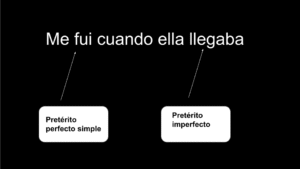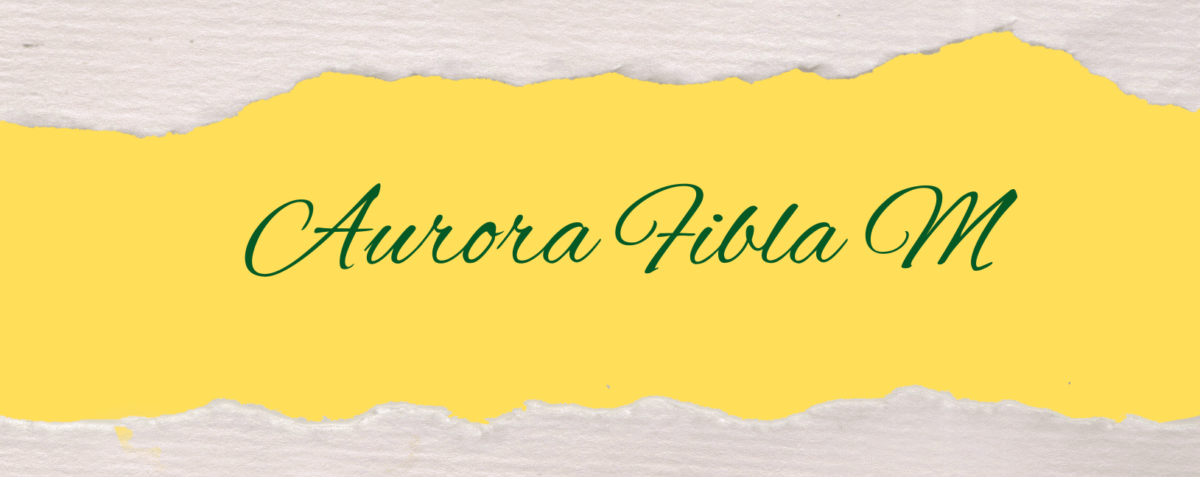This post is also available in: Spanish French Portuguese (Brazil)
 The imperfect tense in Spanish can be complicated for English speakers, as it doesn’t have a perfect equivalent in English. While English uses “used to” or “was/were + verb -ing” to express past actions, Spanish employs a specific tense with unique conjugations.
The imperfect tense in Spanish can be complicated for English speakers, as it doesn’t have a perfect equivalent in English. While English uses “used to” or “was/were + verb -ing” to express past actions, Spanish employs a specific tense with unique conjugations.
Use the Imperfect Tense in Spanish to Describe:
- Repeated or habitual actions in the past
“Yo iba” o “Yo solía ir” → “I used to go” - Descriptions of conditions, emotions, and past situations
“Hacía frío” → “It was cold” - Continuous past actions without a specific end
“Ella leía” → “She was reading” - Announced, planned, or anticipated events
“En principio, mi avión salía mañana a las 23:50” → “Initially, my plane was leaving tomorrow at 11:50 p.m.”Key Tips for English Speakers
- Context is key: Always consider the context of the sentence. Does it describe a completed action or a continuous/habitual one?
- Look for past tense markers: Words like siempre, a menudo, todos los días/años, mientras, cuando era niño usually indicate the imperfect tense.
- If an action was continuous or habitual, the imperfect tense is used.
- If an action was completed or had a clear end, the simple perfect tense is used.
From Spanish Language Literature
El 11 de octubre de 1492, a las nueve de la noche, Cristóbal Colón se encaramó al mástil principal de la Santa María, envolvió el brazo derecho en una soga gruesa para no perder el balance, y clavó la vista en el horizonte umbroso. Aunque no había luna llena, el recuerdo del tenaz sol de la tarde aún flotaba en el aire y le permitía ver las apacibles olas de la mar […].
On October 11, 1492, at nine o’clock at night, Christopher Columbus climbed the main mast of the Santa María, wrapped his right arm in a thick rope to keep his balance, and fixed his gaze on the shadowy horizon. Although there was no full moon, the memory of the persistent afternoon sun still hung in the air and allowed him to see the calm waves of the sea[…].
A las nueve de la mañana, las tripulaciones de las tres naves se habían bañado en la playa cristalina y descansaban sobre la arena blanca. El almirante de la Mar Océano hablaba con sus capitanes bajo la sombra de un árbol extraño, cuyo fruto olía a perfume y tenía forma de corazón […].
At nine in the morning, the crews of the three ships had bathed on the crystal-clear beach and were resting on the white sand. The Admiral of the Ocean Sea was talking with his captains under the shade of a strange tree, whose fruit smelled like perfume and was heart-shaped […].
The Great Secret of Christopher Columbus, by Luis López Nieves
This post is also available in: Spanish French Portuguese (Brazil)
